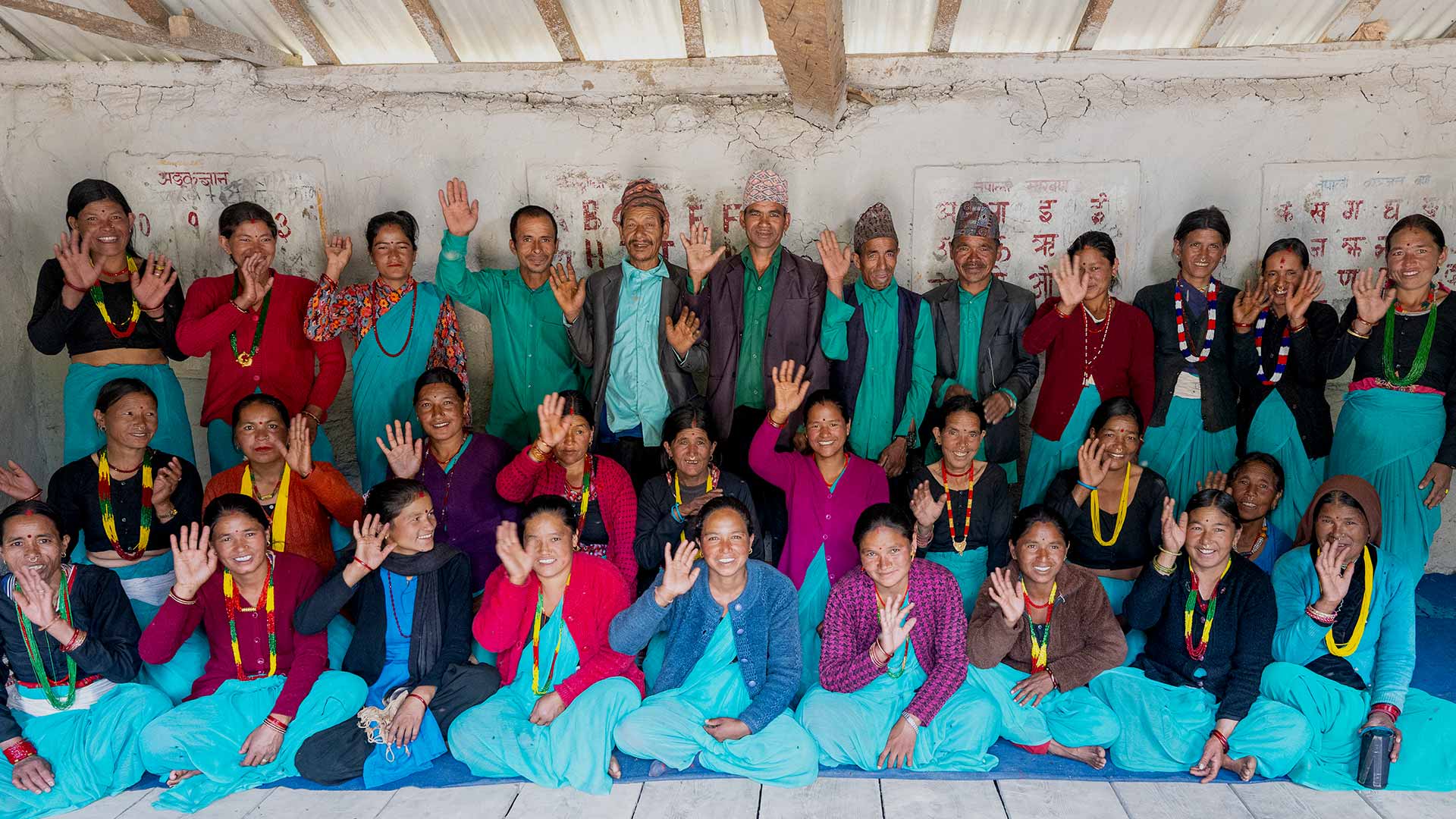Our new website is coming soon.
INF International is an NGO registered in Australia with an office in Kathmandu, serving the physical and spiritual needs of Nepali people around the world. It does this primarily through supporting and enabling the work of INF Nepal. Through its Agreement with the Government of Nepal, INF International is able to provide international technical expertise and advisors to INF Nepal and support the funding of community and health work in the West and Mid-West of Nepal. INF International is a member of the family of INF organisations and seeks to foster collaboration and partnerships within the family and beyond, to strengthen INF’s work in Nepal and with Nepali people in other parts of the world.
Do you seek to combine your Christian faith and professional skills to equip, encourage and strengthen the capacity of others? Do you have a sense of God leading you towards intercultural service mid/long-term [at least one year] in Nepal? We have a number of opportunities for you to consider.
To support the work of INF International, please click here to view our PayPal page.
To find out more about our partner INF Nepal, please visit www.inf.org.np

